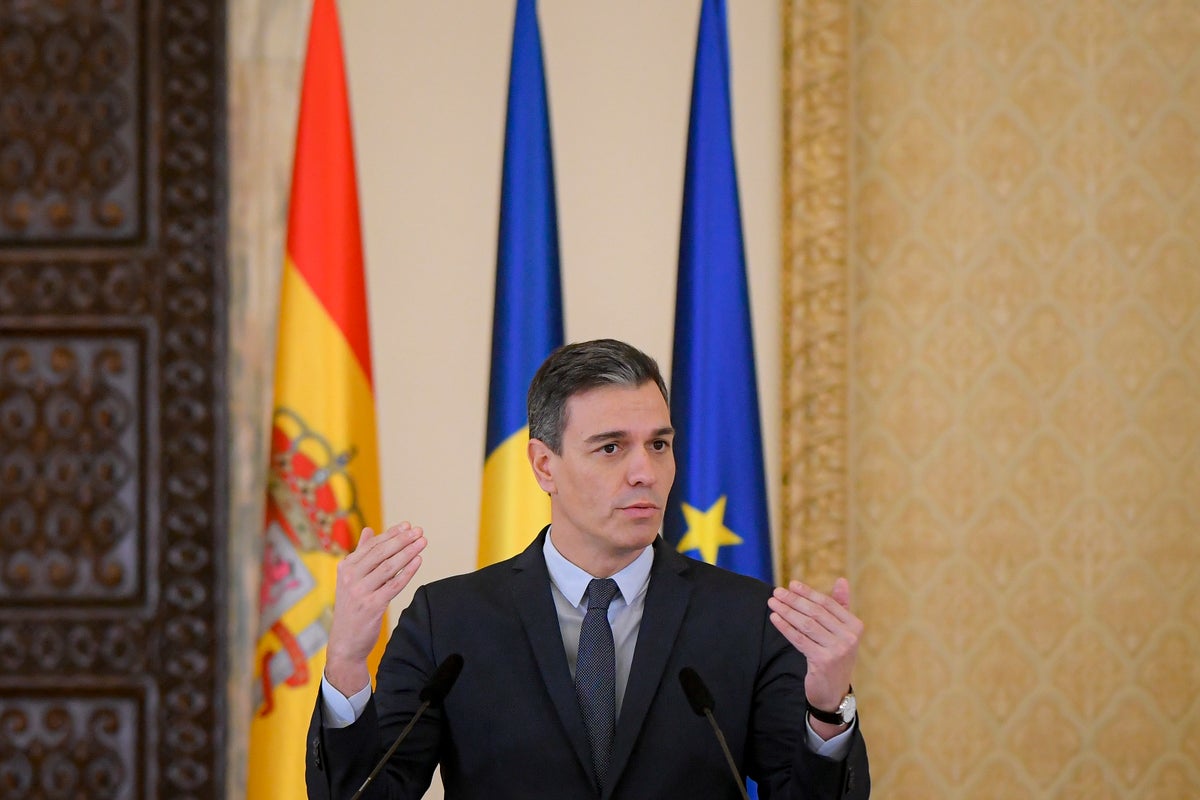
The Spanish government has approved a package of emergency economic measures worth more than 9 billion euros ($9.5 billion) to try to temper the economic fallout from Russia’s invasion of Ukraine, Prime Minister Pedro Sánchez said Saturday.
“This war, and its economic and social consequences, have produced an extraordinary uncertainty when it comes to the European and international economy and, of course, the Spanish one,” Sánchez told reporters.
“Consequently, we are cushioning this effect with the instruments that we have and sharing in a fair, equitable way the economic and social costs of the war,” he added.
The measures include a cut in the tax on electricity, from 10% to 5%, a reduction in the cost of monthly transit passes and a one-time payment of 200 euros ($211) for people who earn less than 14,000 euros ($14,756) a year and are not already receiving benefits.
A series of previously announced measures, such as a 20-cent reduction on gasoline prices at the pump and a 15% increase for people on benefits, will be extended.
The government is also in the process of designing a tax aimed at the “extraordinary profits” earned by energy companies since Russia’s war in Ukraine sent prices soaring, said Sánchez, whose Socialists lead a coalition government.
“It’s an initiative that is in tune with public opinion in our country,” the prime minister said.
His announcement came less than a week after the opposition Popular Party won an unprecedented majority government in the southern Spanish region of Andalusia. Several analysts linked the Socialist loss in a region that was once a party stronghold to growing concerns over rising inflation and the cost of living.







